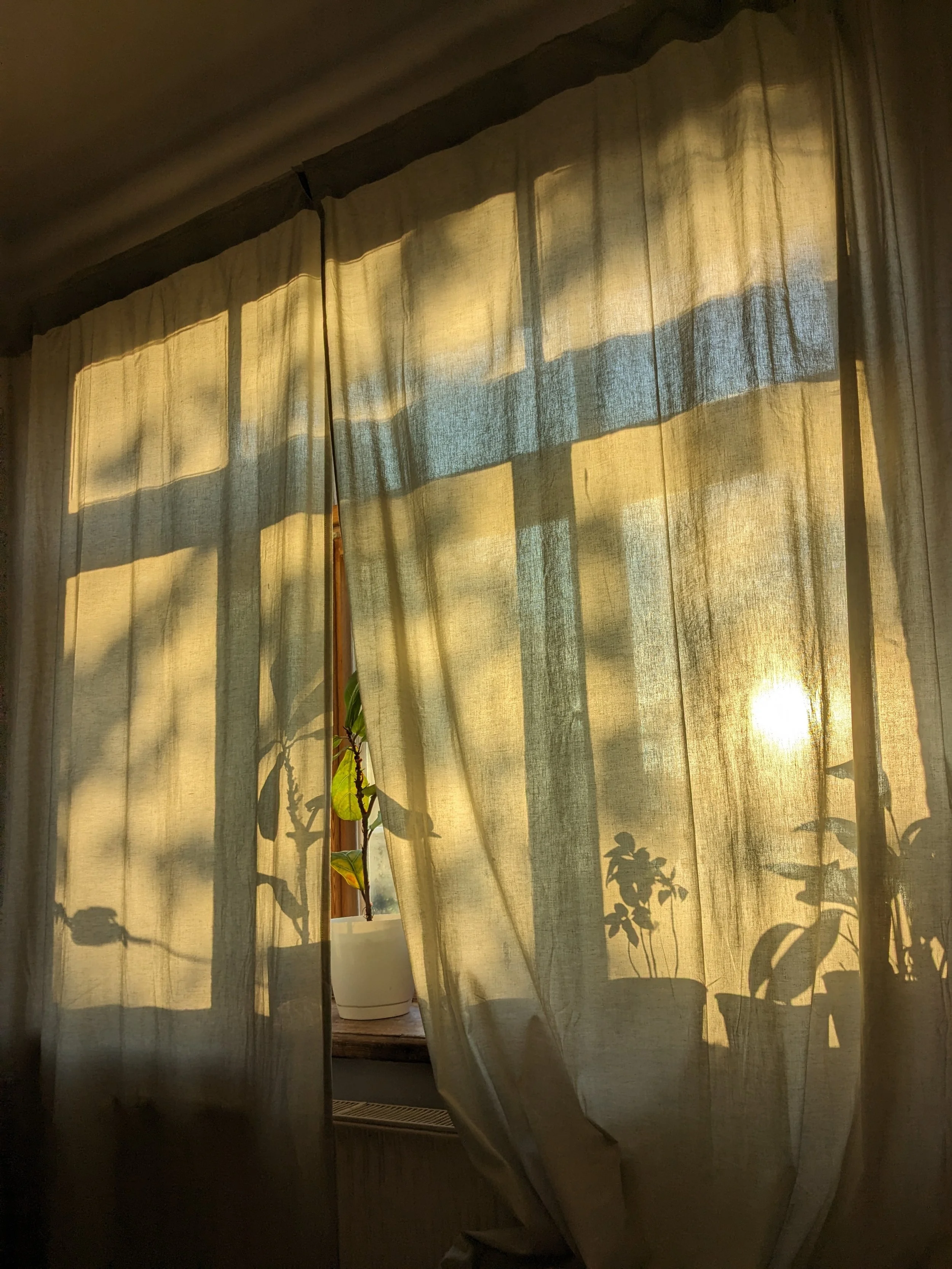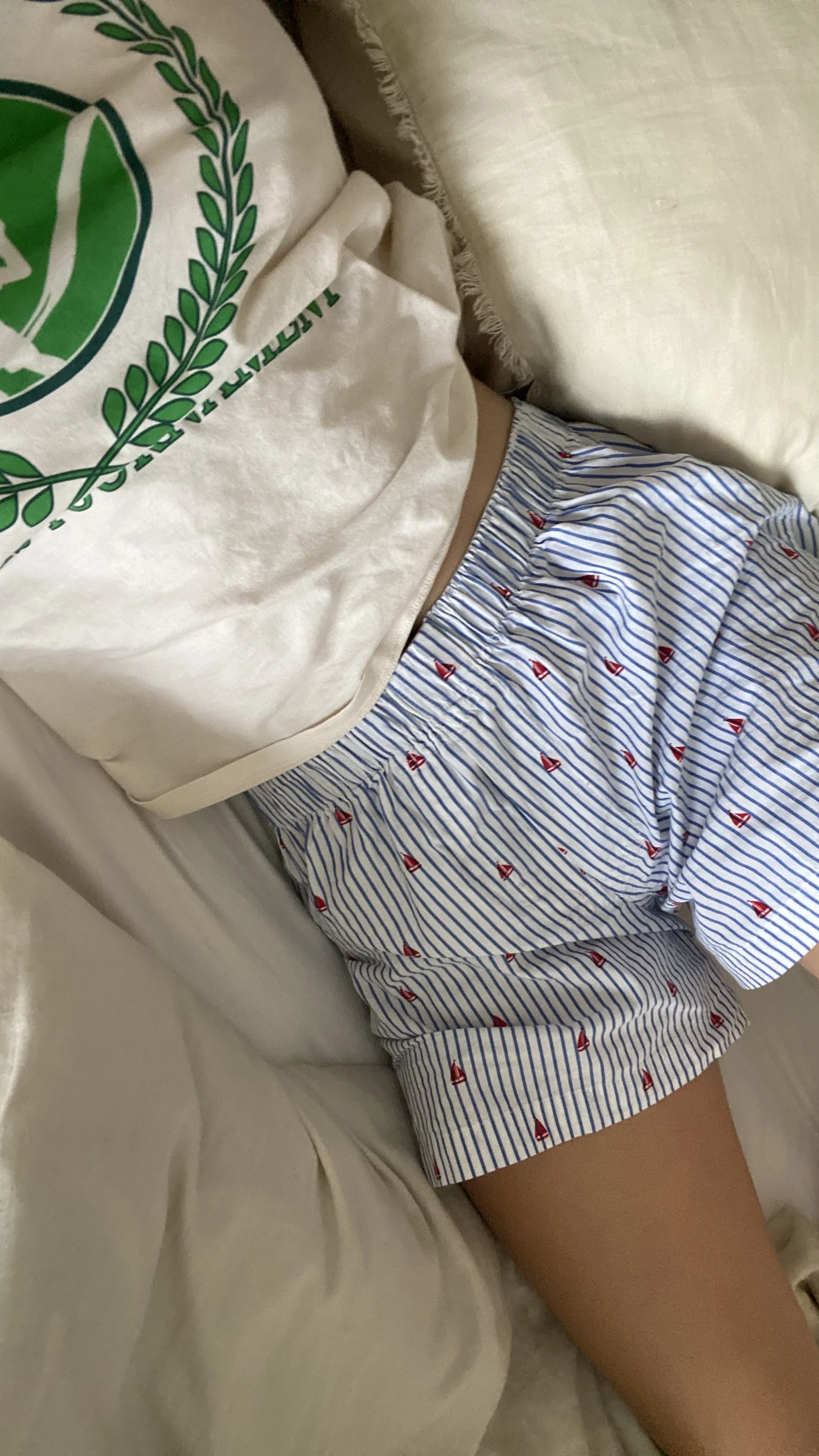The Timezone You Actually Live In (And Why Industrial Time Is Killing You)
Your body runs on sun and seasons. Your schedule runs on meetings and deadlines. These aren't compatible—and your exhaustion is the proof.
You have two clocks fighting inside your body. One runs on the actual sun, the actual seasons, your actual hormones. The other runs on industrial schedules that pretend Tuesday in January should feel like Friday in June.
Your body knows it's 4pm in November—time to wind down with dying light. Your boss knows it's 4pm on a workday—time for another meeting. Your body knows you're bleeding—time to rest. Your calendar knows it's Monday—time to perform.
Modern exhaustion comes from living in two timezones simultaneously: industrial time (rigid, mechanical, profit-driven) and natural time (cyclical, seasonal, biological). Your body operates on natural rhythms—sleeping with darkness, waking with light, energy shifting with seasons. But you're forced to live in industrial time that demands the same output whether it's July or January, ovulation or menstruation, summer solstice or winter darkness.
You're literally living in two different timezones. And the industrial one is winning.
When timezones went to war
Industrial time was invented 150 years ago to make factory workers predictable. It came with the rise of industrialism, and was common in both capitalistic and non-capitalistic places. Before that, humans lived in natural time. Shorter winter workdays. Longer summer productivity. Rest when bodies needed it, not when weekends allowed it.
Your body still runs on this older clock. Melatonin rises with darkness—real darkness, not 10pm in July when the sky is still light. Cortisol follows sunrise, not your 6am alarm in December blackness. Your menstrual cycle has its own month, completely ignoring the calendar month.
But industrial time doesn't care about any of this. School starts at 8am whether the sun is up or not. Work is 9-5 whether you're ovulating or bleeding. The schedule stays the same while your body cycles through completely different states.
Every human who ever lived—for 200,000+ years—organized their day around sunlight, their year around seasons, their months around natural cycles. Then factories needed workers at the same time regardless of biology. We've been fighting our bodies ever since.
The sleep window your body needs
Every human body repairs between 10pm and 2am. Not some humans. All humans. Physical restoration happens in this window—but only if you're already asleep when it begins.
Your liver detoxifies between 11pm and 1am. Your brain cleans itself of waste proteins between midnight and 2am. Growth hormone releases. Tissue repairs. Immune function strengthens. Miss this window and you miss the restoration. It doesn't shift to accommodate your schedule. It just doesn't happen.
Sleep before 11pm. Not out of preference or personality, but because shortly thereafter is when human bodies repair. Industrial time taught you that sleep timing is flexible, that "night owls" are just different. But no traditional culture had people naturally awake until 3am. That's not a chronotype—that's industrial damage.
The "night owl" identity comes from years of artificial light pushing cortisol release later and later. Your body thinks the sun is still up because the screens are still on. Cortisol stays high. Melatonin can't rise. You're not nocturnal. You're experiencing what happens when industrial time destroys natural sleep rhythms.
Wake between 6:30am and 8:30am. That's when cortisol naturally rises in human bodies. Not 5am like hustle culture wants. Not 10am like you need when you stayed up until 2am. Between 6:30 and 8:30am, if you slept before 11pm.
Winter isn't depression season
December you wants to sleep 10 hours. June you can thrive on 7. This is the seasonal biology that every mammal follows except humans trapped in industrial time.
Winter is biological withdrawal time. Energy pulls inward. Metabolism slows. Sleep needs increase. Everything in nature understands this except your office, which expects identical output in January and July.
You're not depressed in February. You're going through winter being forced to perform like it's summer. You're not lazy in November. You're fighting biological dormancy to maintain industrial productivity.
Traditional cultures adapted to seasons. Longer sleep in winter. Less demanding work. More storytelling, less building. Indoor focus when darkness came early. They followed what bodies needed.
Industrial time erased all of this. Your job expects 40 hours whether there's 9 hours of daylight or 15. Your productivity metrics don't adjust for seasonal energy shifts. The meeting schedule doesn't care that your body wants to hibernate.
Your exhaustion peaks in late winter not because you're failing but because you've been forcing spring energy through months of winter darkness. Industrial time creates the problem then sells you the solution: more caffeine, more supplements, more strategies to override your biology.
The month inside your month
If you bleed, you're living in another timezone most people never experience. Your month has four distinct seasons while bodies that don't cycle maintain relatively stable energy.
Day 1-5 of your cycle: winter. Your body is shedding, releasing, clearing. Energy is low because it's supposed to be low. This is rest time, repair time, the biological fallow period.
Day 6-13: spring. Energy building. Clarity increasing. Your body preparing for ovulation.
Day 14-16: summer. Peak everything. Peak energy, peak communication, peak capacity. This is when your body wants to be seen, heard, active.
Day 17-28: autumn. Energy turning inward. Intuition heightening. Your body preparing for the next shedding.
Industrial time was designed by and for bodies that don't experience this. The consistency it demands is biologically impossible for cycling bodies. You're not failing at time management. Time management is failing at biology.
Monday doesn't care what day of your cycle it is. The 9am meeting happens whether you're on day 3 (winter, need rest) or day 14 (summer, peak capacity). Your body is living through distinct seasons every month. Your schedule pretends you're the same person every day.
Your body's actual schedule
Your body has a daily rhythm that hasn't changed in thousands of years:
10pm: Melatonin begins rising if you let it get dark. This is your body's signal that repair time is coming. Artificial light blocks this completely.
10pm-2am: Physical repair window. Your liver detoxifies. Your immune system strengthens. Growth hormone releases. This only works if you're asleep.
2am-6am: Mental and emotional processing. Your brain sorts through the day, consolidates memories, clears waste proteins. REM sleep peaks here.
6:30am-8:30am: Natural wake window. Cortisol rises with daylight. Your body wants to wake up now—not at 5am, not at 10am. Right here.
10am-12pm: Peak alertness for most people. Your body is fully online.
2pm-3pm: Natural energy dip. Every human experiences this. It's not about lunch or laziness. It's your circadian rhythm requesting a pause.
5pm-7pm: Second energy peak—but only if you didn't override the afternoon dip with caffeine and force.
9pm: Time to wind down. Dimming light. Slowing down. Preparing for melatonin.
This is your real timezone. Industrial time is the fiction layered on top.
Returning to Natural Time
You can't always fully escape industrial time. Your job still has hours. Your kids still have school schedules. But you can stop letting industrial time overwhelm every single hour of your life.
Sleep before 11pm. Not as a goal or aspiration. As a non-negotiable. This is when your body repairs. You don't get this time back. You can't make it up on weekends.
Wake between 6:30am-8:30am. If you're sleeping before 11pm, your body will naturally wake in this window. You won't need five alarms or dramatic willpower. This is when cortisol wants to rise.
Let darkness be dark. Dim lights after sunset. Actually dim them—not just switching from overhead to lamps. Your body needs darkness to produce melatonin. Screens after 9pm are actively destroying your sleep hormones.
Eat dinner before sunset in winter. Even if that's 5pm. Your digestion slows with darkness. Eating late in winter forces your body to digest when it wants to repair.
Give yourself permission to produce less in winter. The same output in January and July is biologically unreasonable. You're not a machine. Do what's urgent in winter. Save the ambitious projects for spring and summer when your body has energy to match.
Track your cycle if you bleed. Know what season you're in. Schedule demanding work for days 10-16 when possible. Protect days 1-5 for rest when possible. When it's not possible, at least know why you're exhausted—your body is in winter while your calendar demands summer.
One hour of Real Time
Choose one hour to live in your actual timezone. Not industrial time. Your body's time.
Sleep when darkness suggests, even if that feels absurdly early. Wake when your body wants to (between 6:30-8:30am if you slept early enough). Eat when genuinely hungry, not when the clock says lunch.
Feel how different that one hour is. That's the timezone you actually live in. The other one? That's just where you're forced to perform.
Your exhaustion makes perfect sense. You're living in industrial timezone while your body runs on natural time. These clocks don't just disagree—they're fundamentally incompatible.
Every human for 200,000+ years lived by natural time. Industrial time is 150 years old. Your body knows which one is real.
Stop apologizing for needing what every human who ever lived needed: alignment with the sun, the seasons, your actual biology. Industrial time is the fiction. Your exhaustion is the proof.




